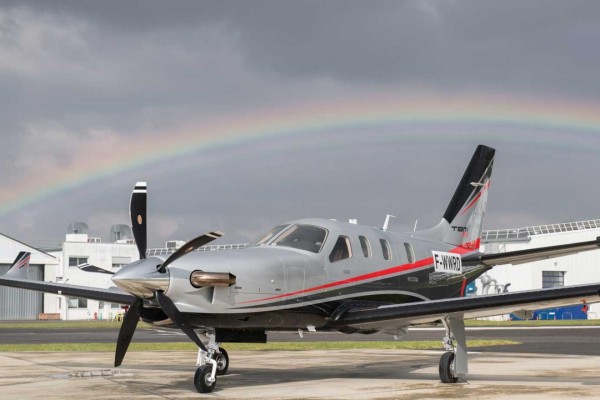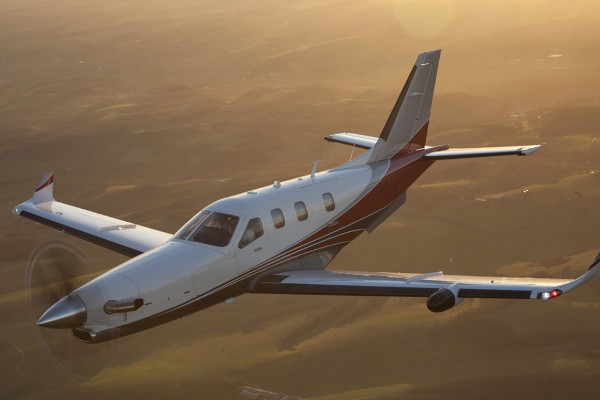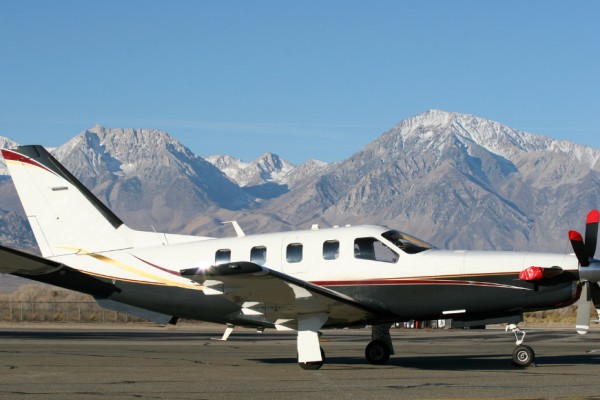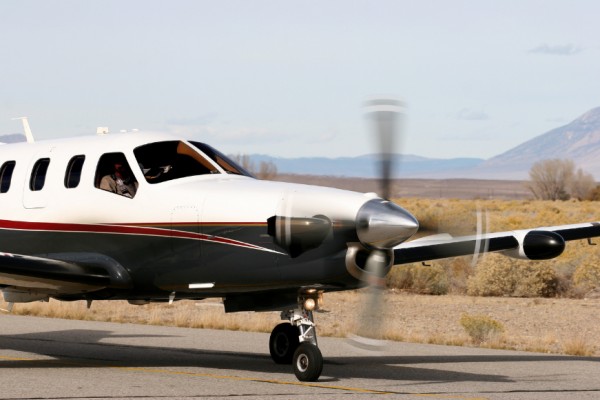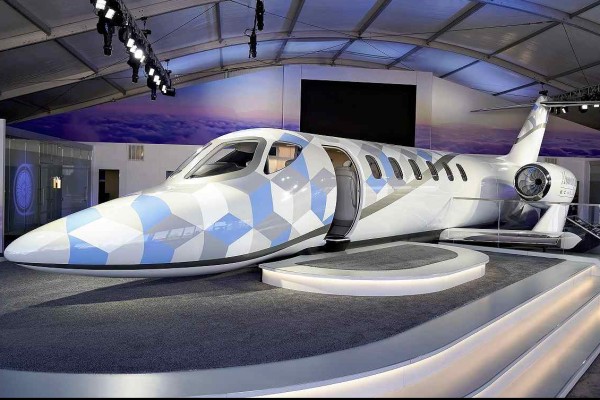- Civil Aircrafts
- 1 year before
De Havilland Comet: Revolutionizing Jet Passenger Transport
The aviation revolution of the 1940-50s: Comet transformed air travel as the first commercial jet aircraft, noted for its innovative design .
-

- 1 year before
- Category: Civil Aircrafts
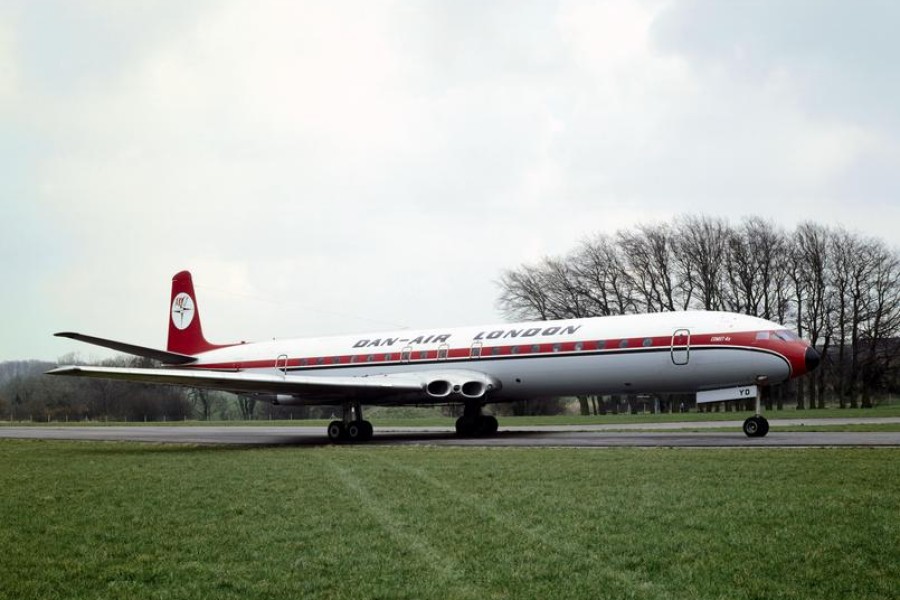
Entering the Golden Age of Jet Propulsion
The 1940s and 1950s marked an era of groundbreaking innovation in aviation history. The de Havilland Comet, produced by the British company de Havilland, stands as one of the most significant icons of this period as the world's first commercial jet airliner. On its maiden flight in 1949, the Comet showcased the power and efficiency of jet engines in passenger transportation, shaping the future of air travel.
Comet's Design and Technical Features
The de Havilland Comet featured a sleek aerodynamic design, four jet engines that enabled it to travel at high speeds, and a pressurized cabin structure. These features gave it an innovative design that made it significantly faster and more comfortable than piston-powered aircraft at the time.
Comet's Pioneering Journey and Commercial Success
The entry into service of the de Havilland Comet captured the attention of airlines worldwide. Following its initial flights with BOAC (British Overseas Airways Corporation), numerous airlines saw the advantages of adding jet aircraft to their fleets and opted for the Comet. The Comet offered passengers a much quieter and more comfortable journey compared to piston-powered aircraft, increasing the popularity of air travel.
Challenges Beneath its Innovative Structure
Unfortunately, the early models of the Comet series faced technical issues. In the early 1950s, two tragic accidents involving Comet aircraft revealed serious structural flaws. These incidents led to the realization that the comet's design required structural strengthening and improvements. This process provided valuable lessons in aviation safety and contributed to the design of safer aircraft.

